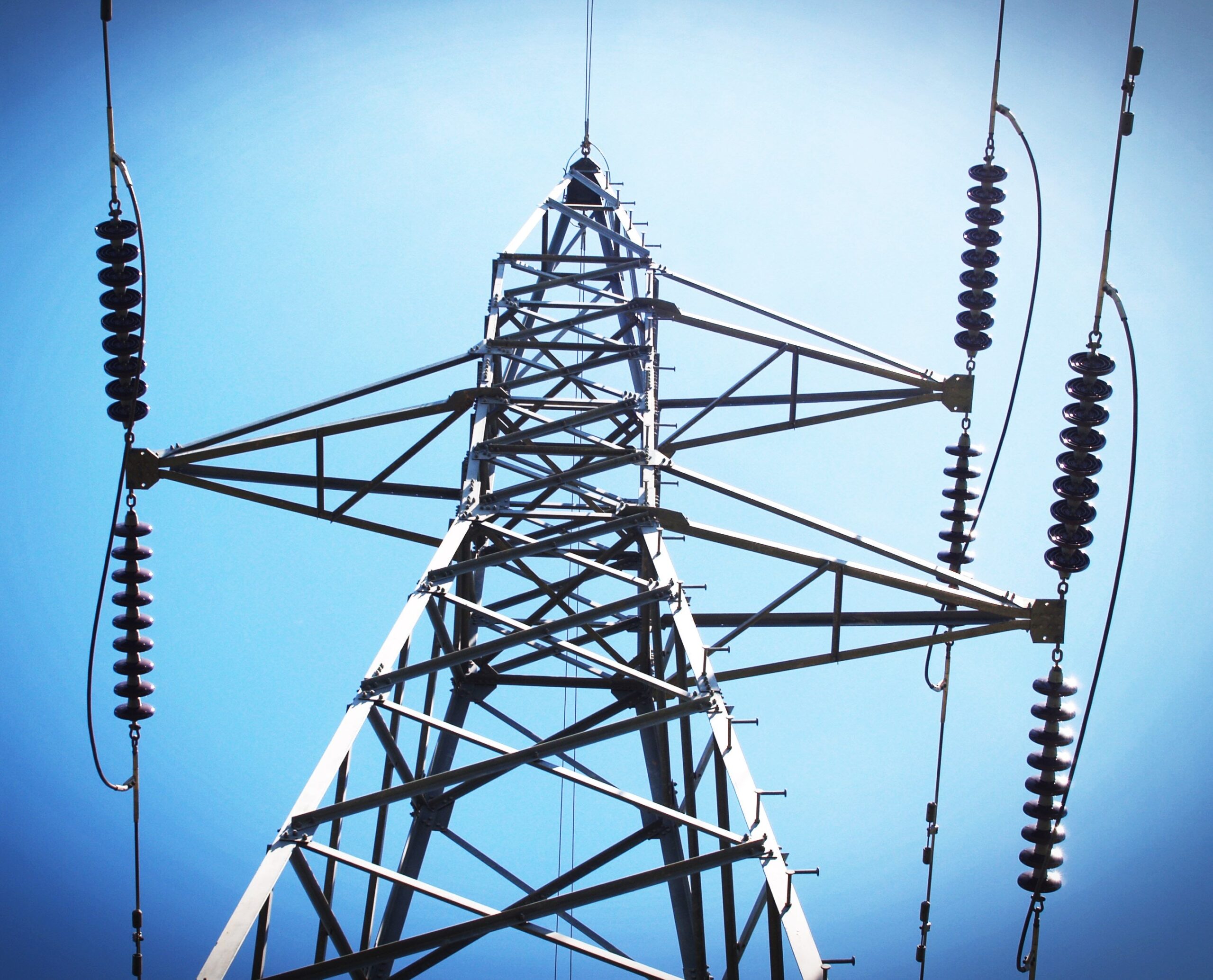Power outages can be disruptive, especially when they strike unexpectedly. Whether it’s for your home or office, having a reliable power backup in the form of a generator can make all the difference. Choosing the right generator isn’t always a straightforward process, with a plethora of brands, sizes, and fuel types available.
This guide aims to simplify this process, giving you the key factors to consider when selecting the right generator for your specific needs. Also check out wellselectricservice.com as well.
Choosing Between Brands
Two popular generator brands in the market today are Generac and Kohler. Generac generators are known for their wide range of options, robust construction, and cost-effectiveness. Kohler generators, on the other hand, are praised for their reliability, sound-dampening technology, and exceptional warranty coverage.
Choosing Generac vs Kohler can come down to your specific needs and budget. If budget constraints are a primary consideration, Generac often offers more affordable models. However, if quiet operation and extended warranty are your top priorities, Kohler could be the better choice.
Size Of The Generator
One of the most crucial factors when choosing a generator is its size or power capacity. Generators come in various sizes, from portable units that can power a few appliances to large standby units capable of running an entire house or office.
To determine the size you need, list all the appliances or equipment you want to power during an outage. Check their power ratings (usually stated in watts), and add them up. The cumulative wattage gives you a rough estimate of the generator size you need.
Remember to consider peak power demands, as some appliances require more power at startup.
Fuel Type
Generators run on various types of fuels such as gasoline, propane, natural gas, or diesel. Each fuel type has its pros and cons. Gasoline and diesel generators tend to be powerful and portable but require frequent refueling and proper storage of the fuel. Propane and natural gas generators, on the other hand, can connect to existing supply lines, eliminating the need for fuel storage. However, they may be more expensive initially.
Consider the availability and cost of fuel in your area, along with environmental implications when deciding on a fuel type.
Noise Levels
Generators can be noisy, which can be disruptive, especially in quiet residential neighborhoods. If noise level is a concern, look for generators with noise reduction features, like soundproof enclosures or mufflers.
The noise level is measured in decibels (dB). For reference, a normal conversation is about 60 dB, and a running refrigerator is around 50 dB. The lower the dB rating, the quieter the generator.
Installation And Maintenance
Professional installation is highly recommended for generators, especially large standby models. This process includes selecting a suitable location for the generator, installing a transfer switch, and making sure all electrical connections comply with local codes.
Once installed, generators require regular maintenance to keep them in optimal condition. This may include regular oil changes, filter replacements, and occasional professional inspections. Make sure you understand these needs before purchasing.
Additional Features
Modern generators come with a variety of additional features that may enhance their value and functionality. Some generators feature automatic start systems, which automatically power on the generator when a power outage is detected. Others come with smart technology and remote monitoring capabilities, allowing you to manage your generator and monitor its status through a mobile app or online platform.
Moreover, some generators come with weather-resistant enclosures for durability and long-term outdoor use.
Also, consider the warranty offered by the manufacturer. A solid warranty can provide peace of mind, especially for high-end models. It’s important to understand what the warranty covers and how long it lasts before making your final decision.
In Conclusion
Choosing the right generator for your home or office can provide peace of mind during unexpected power outages. By considering factors such as brand, generator size, fuel type, noise level, and maintenance needs, you can select a generator that aligns with your specific requirements and constraints.

